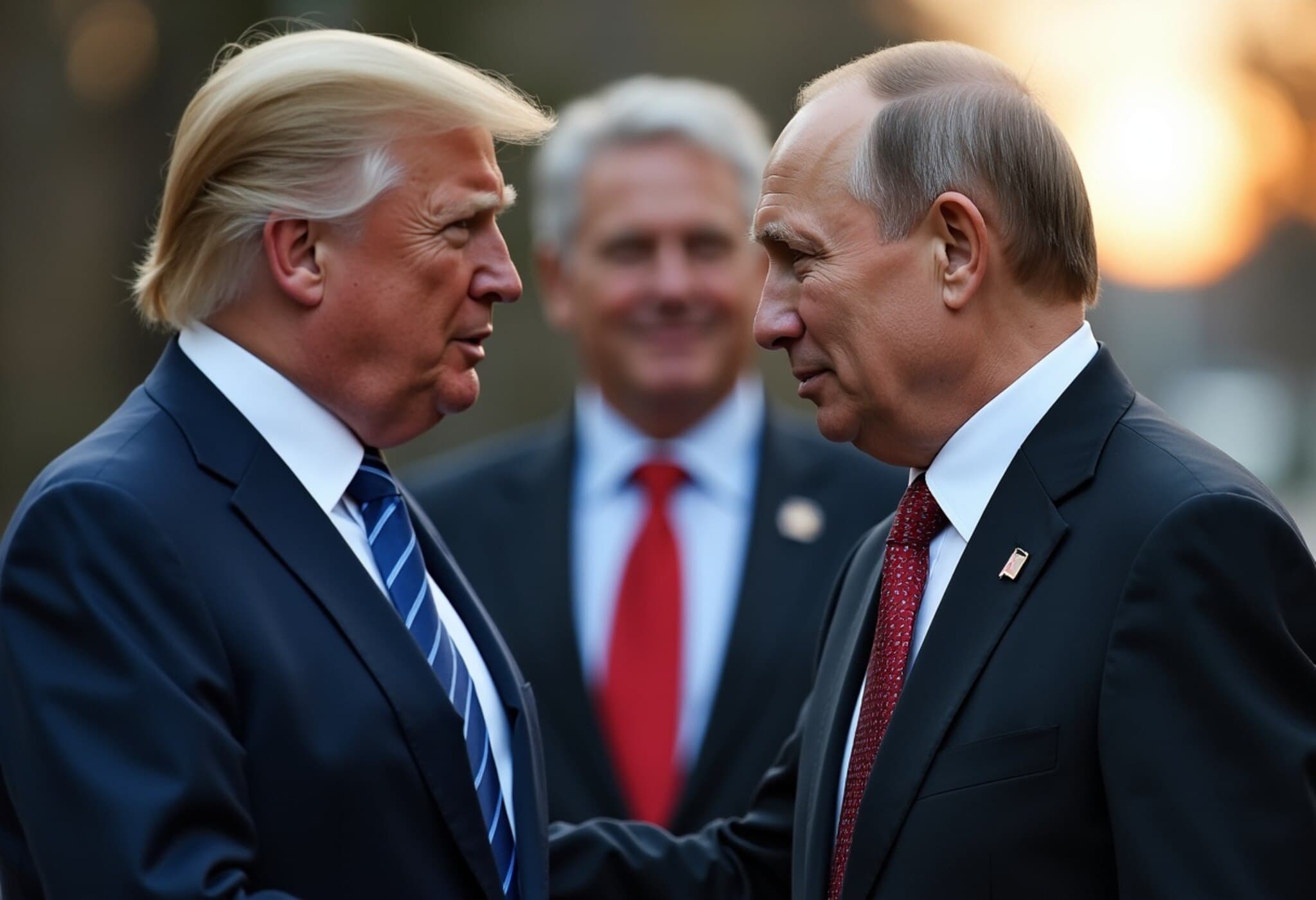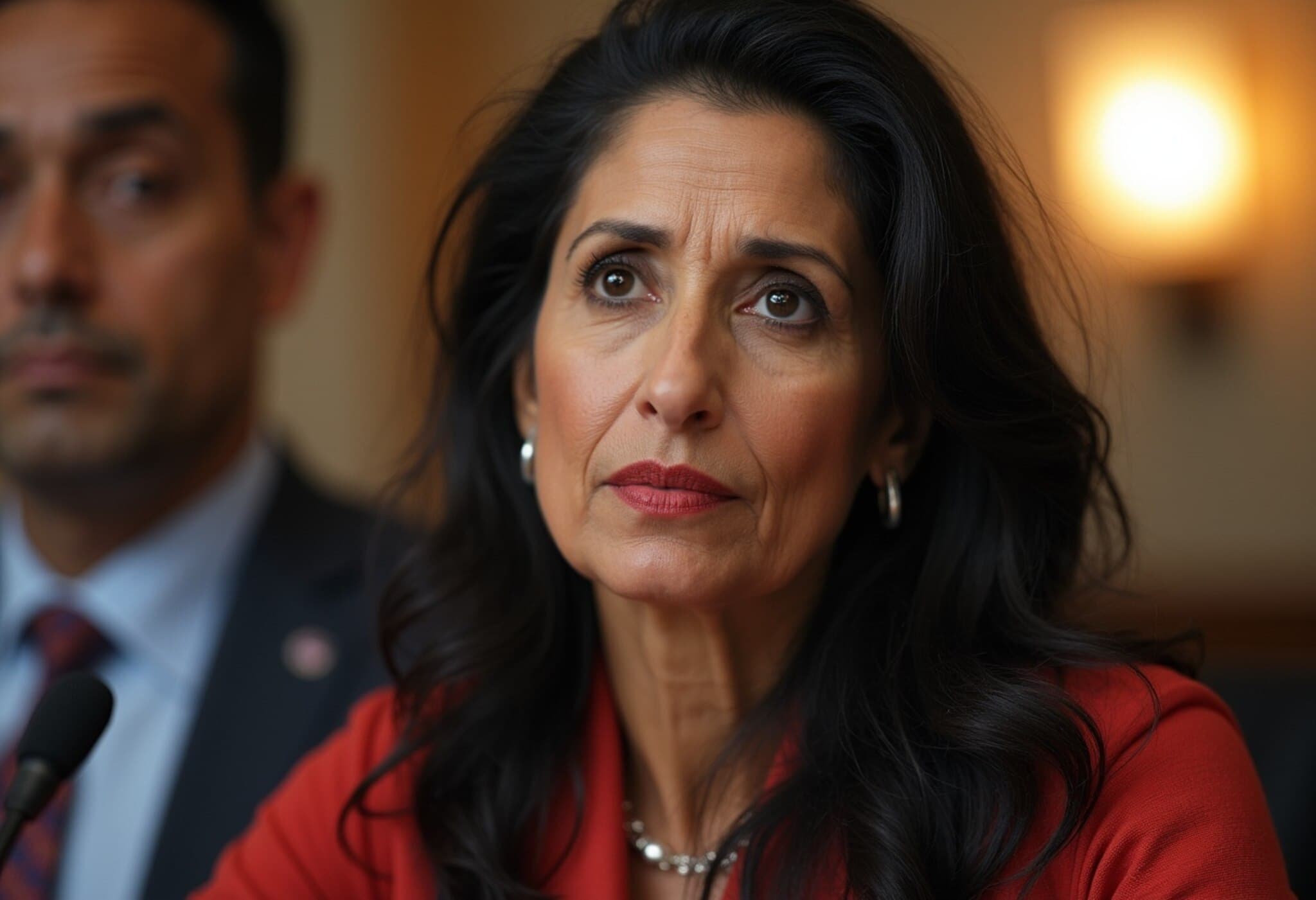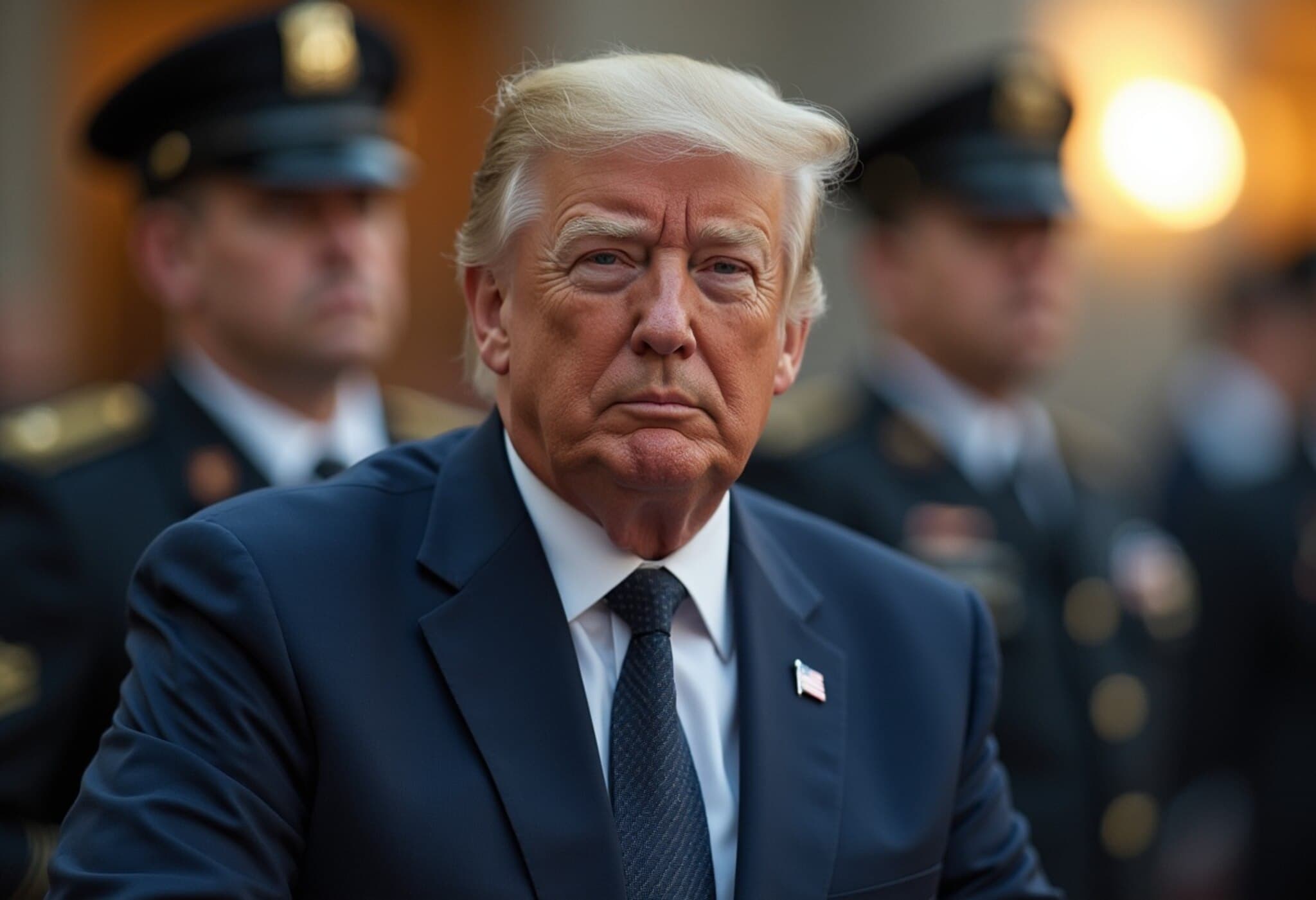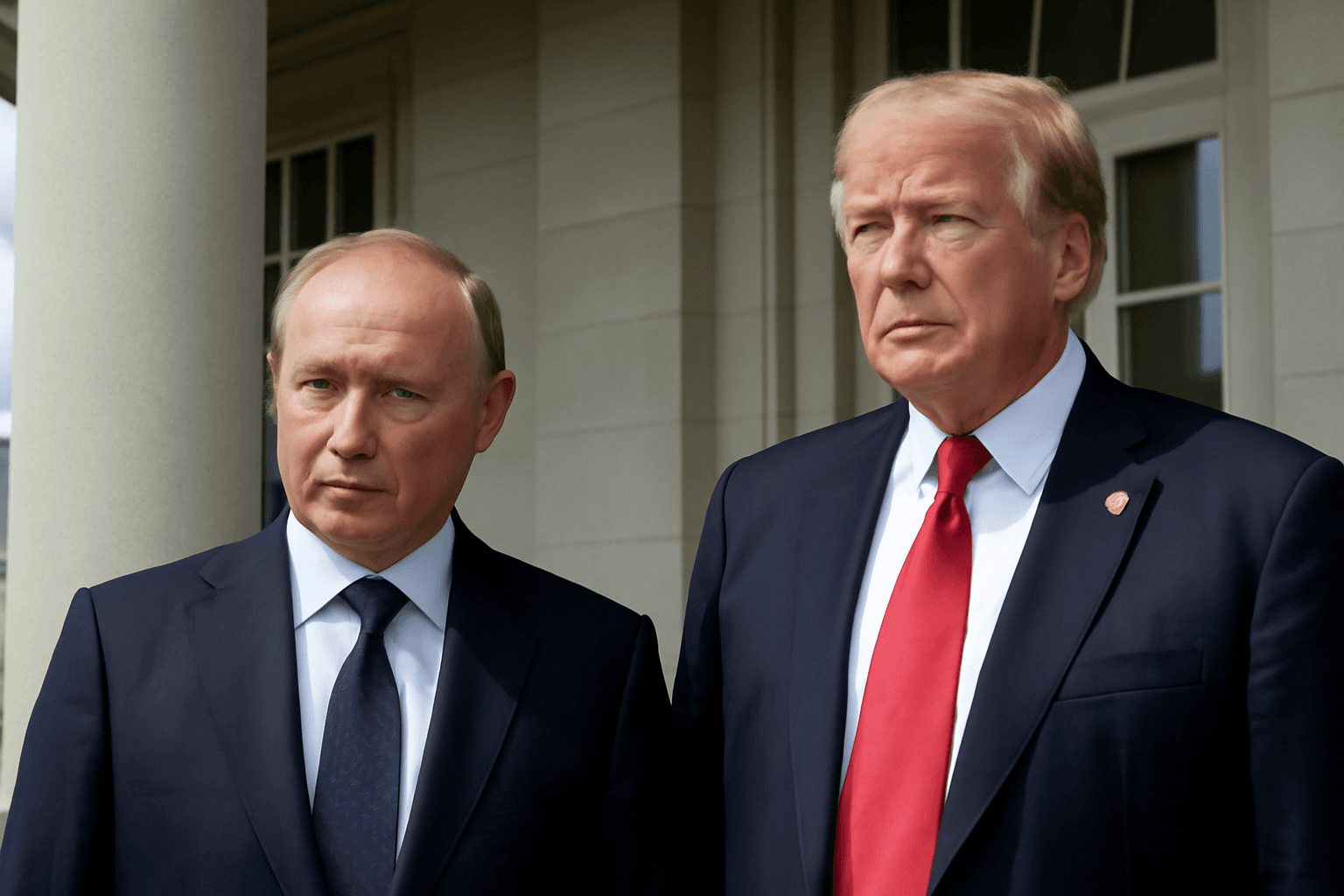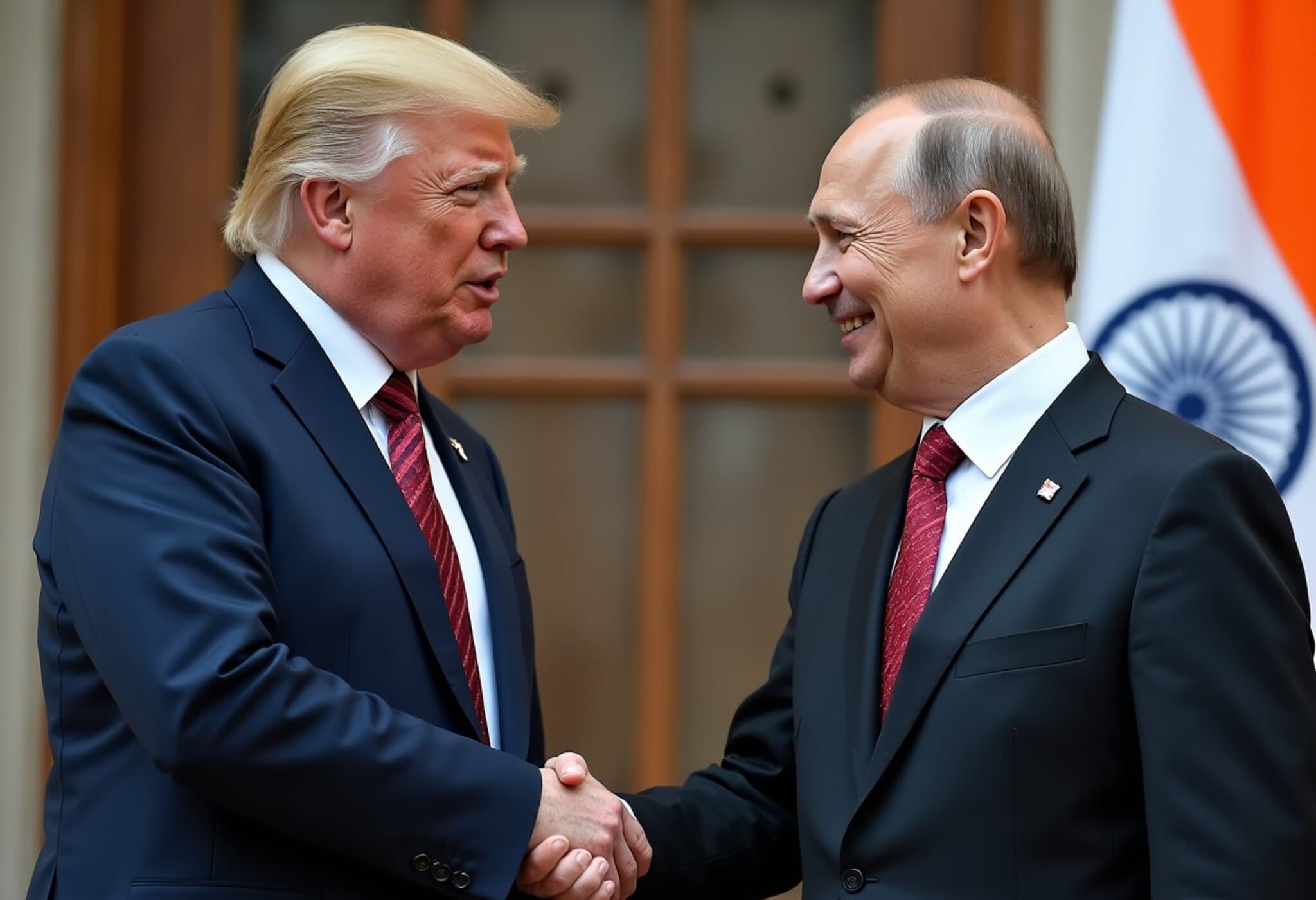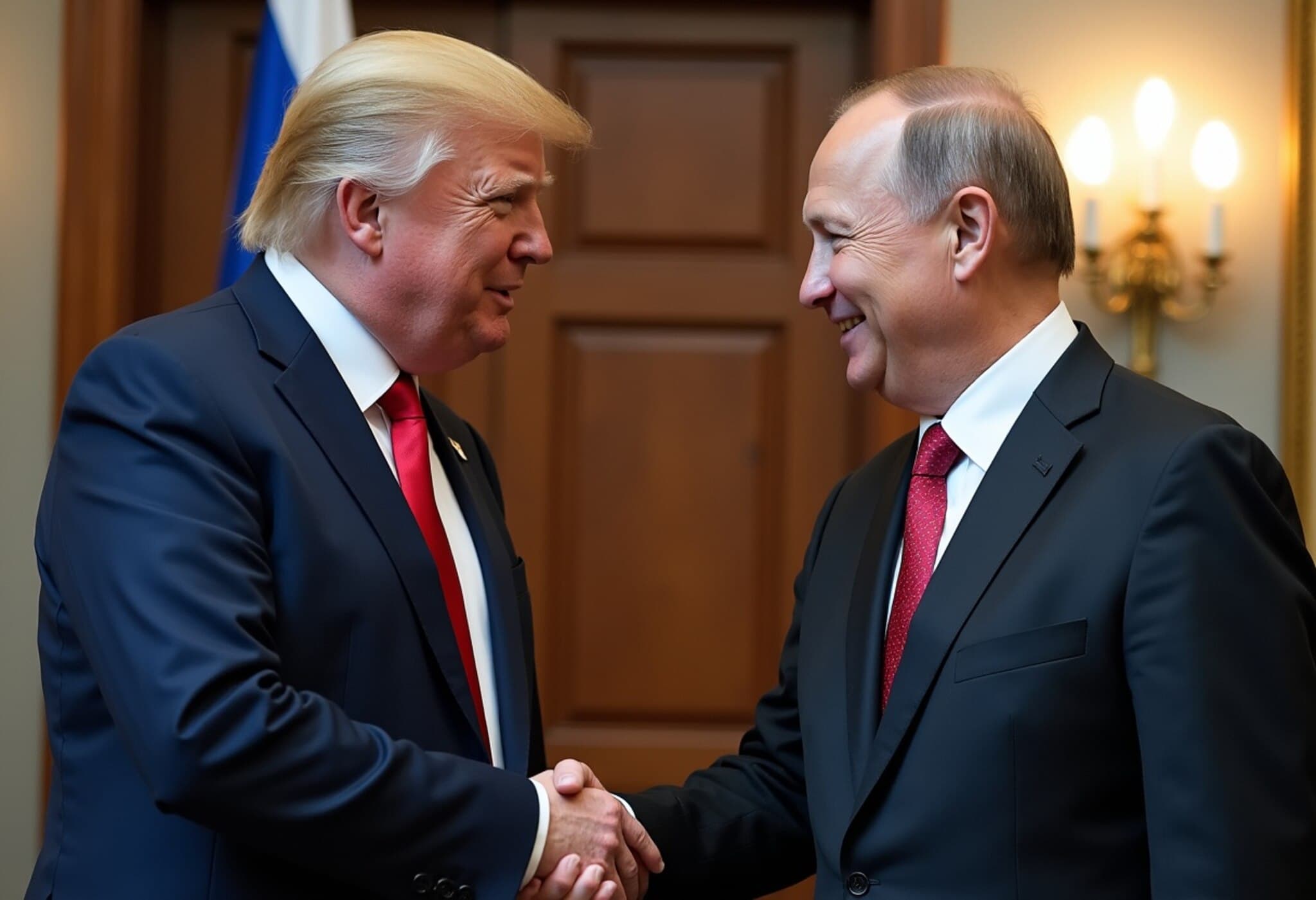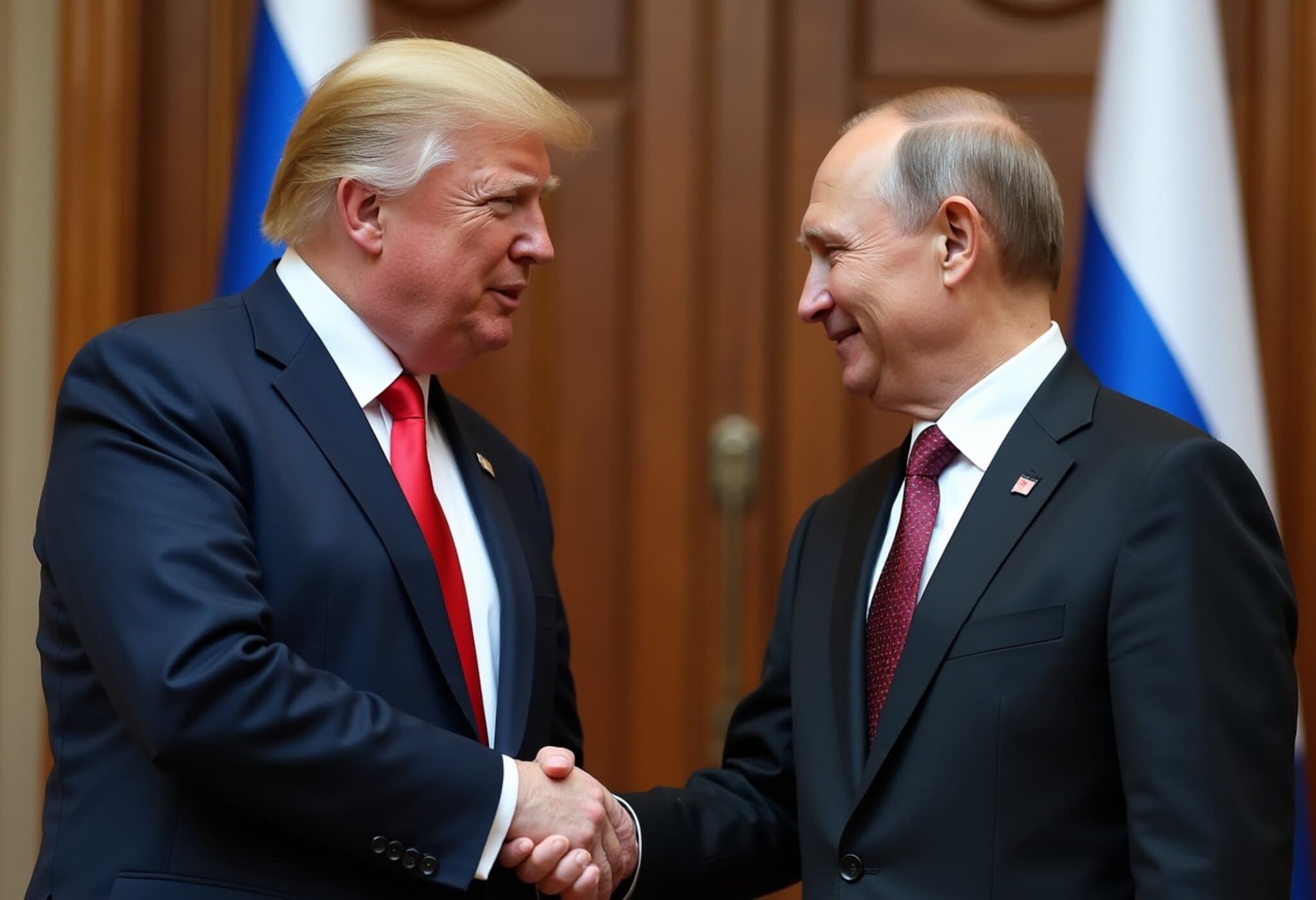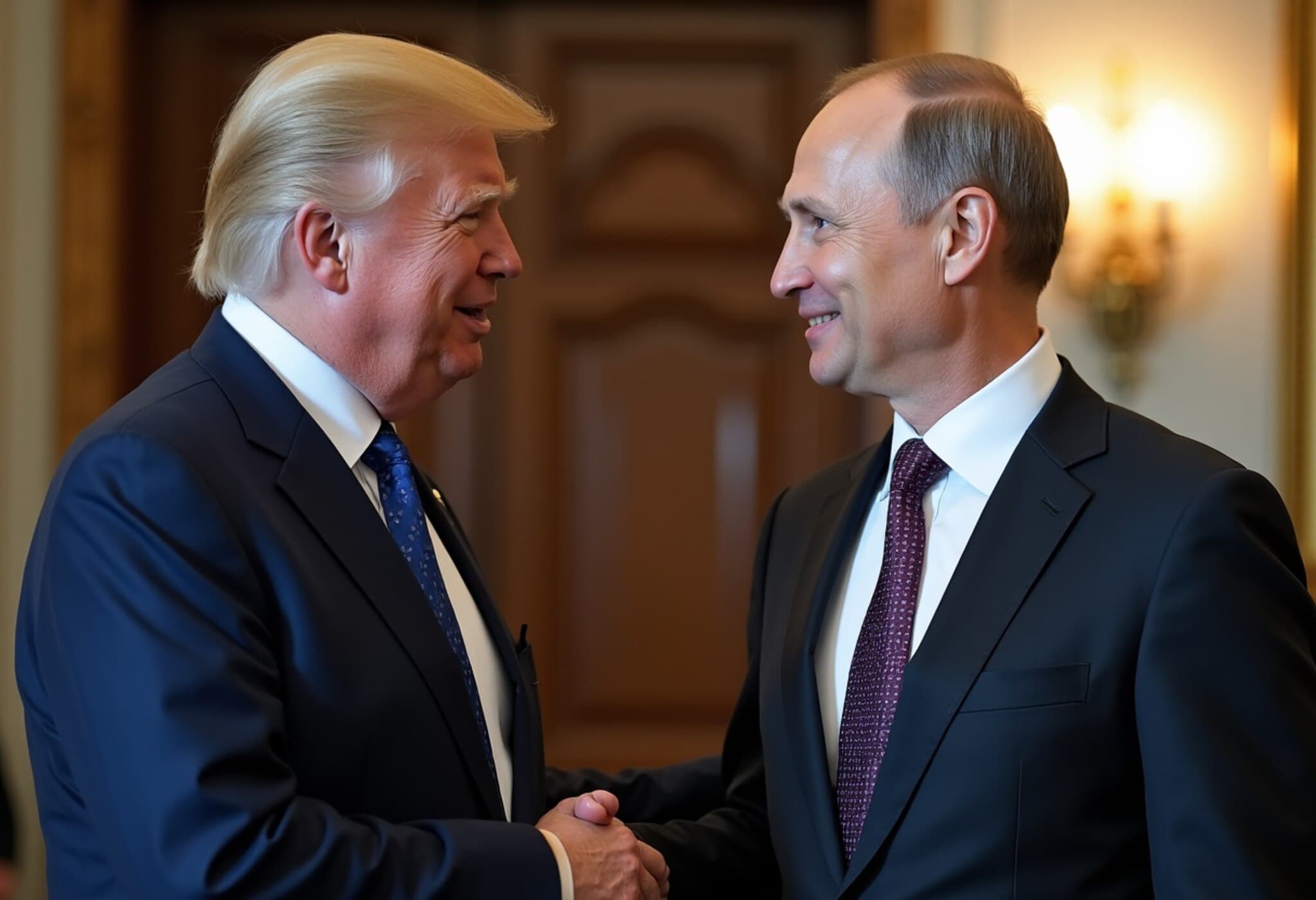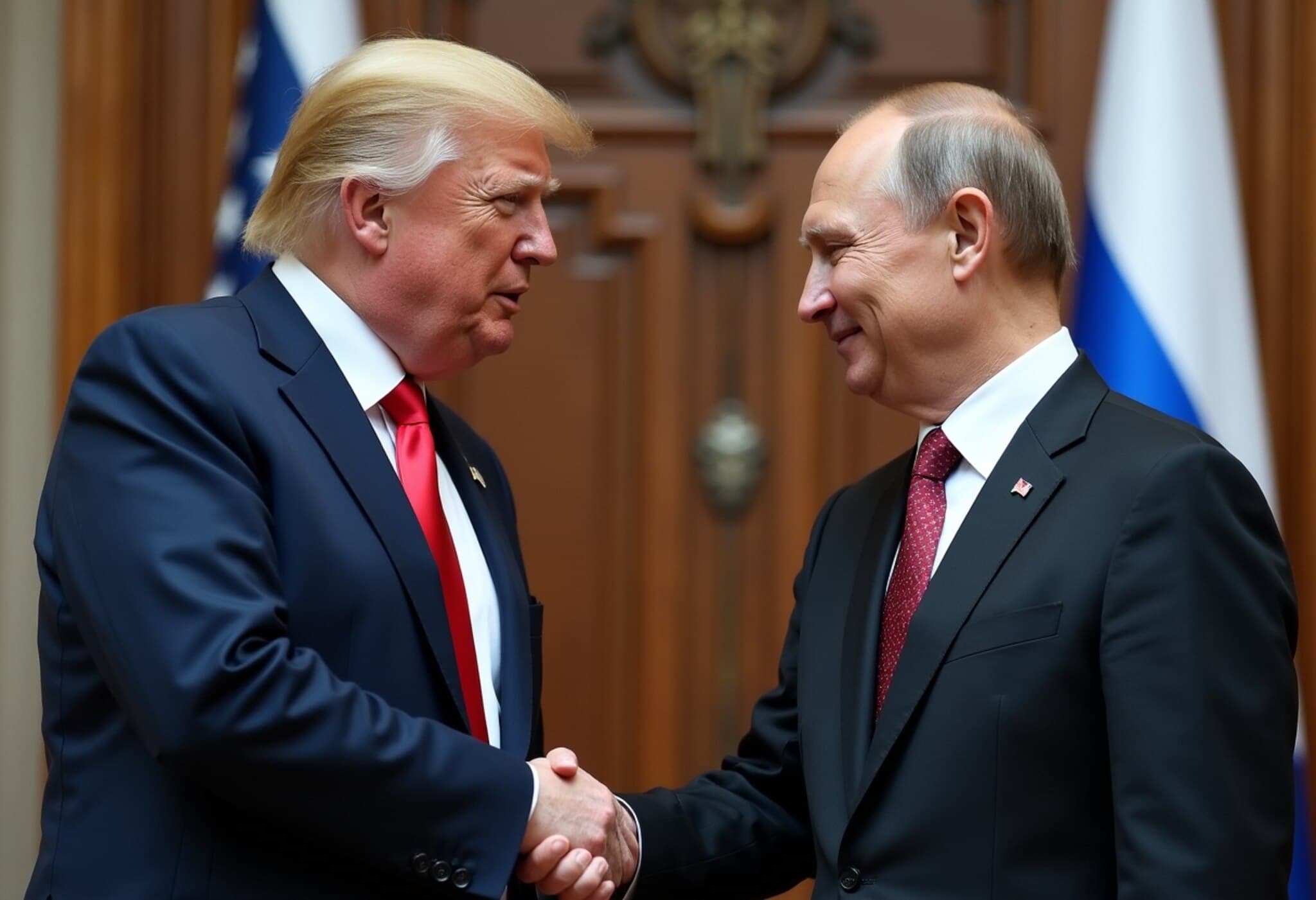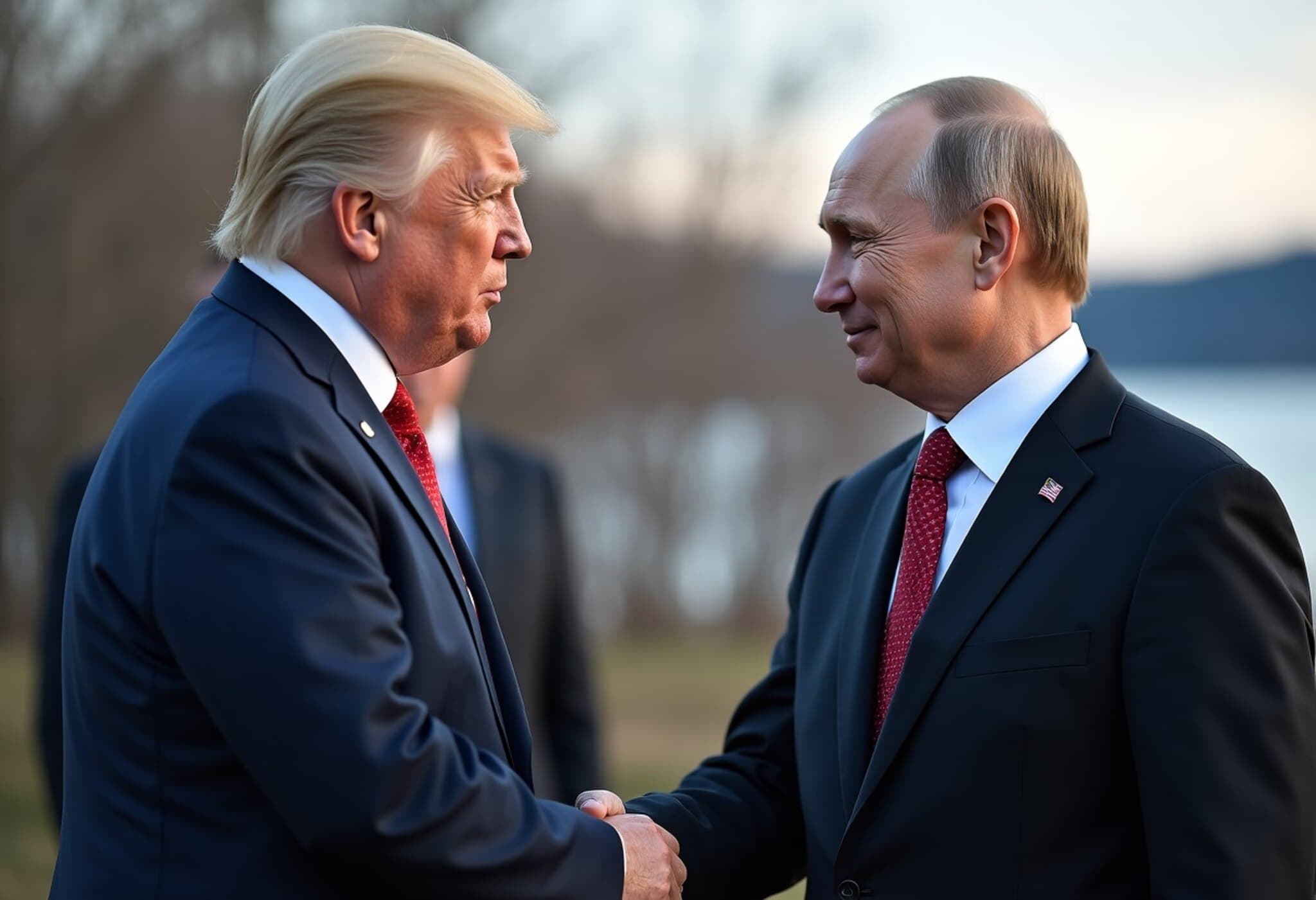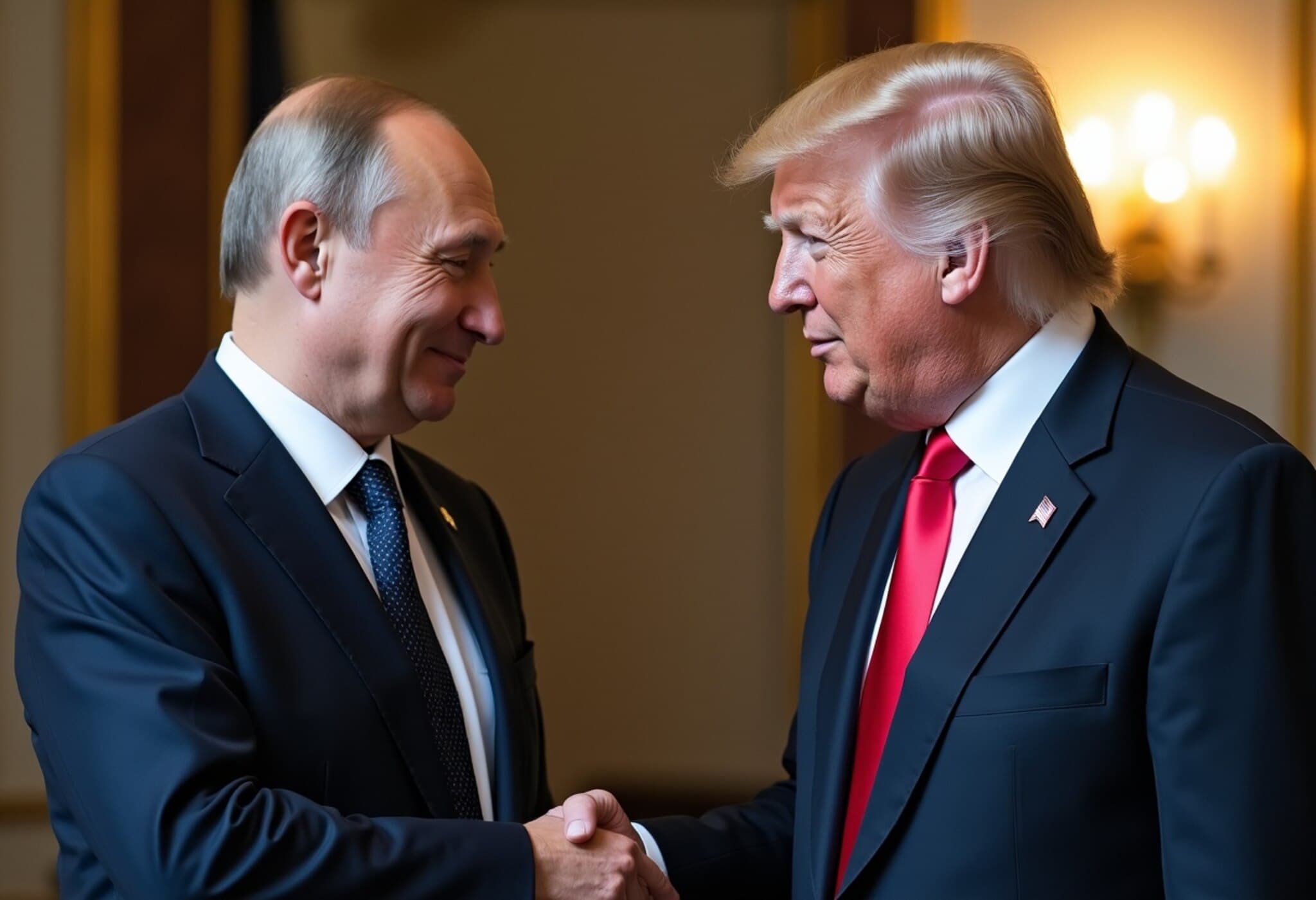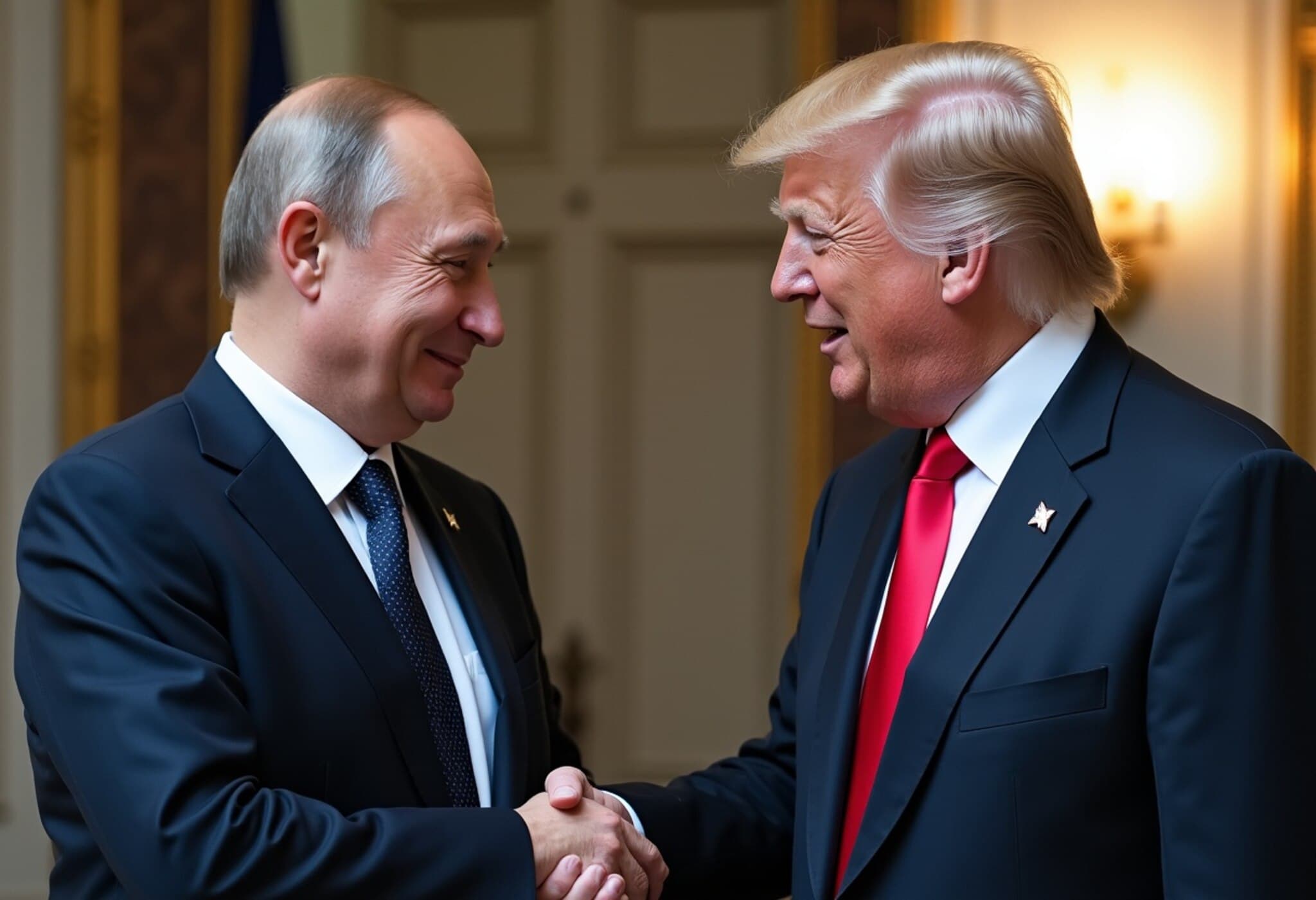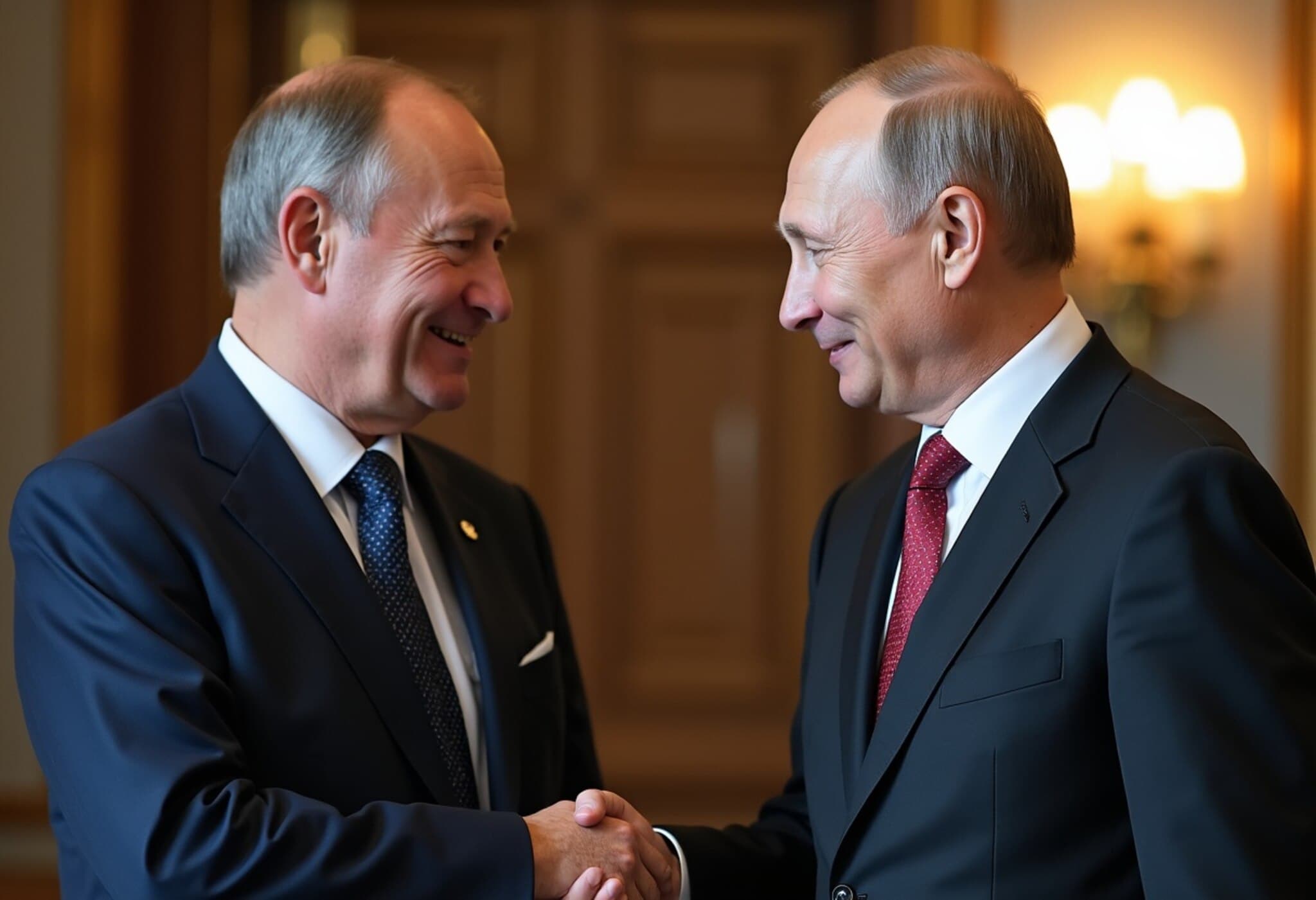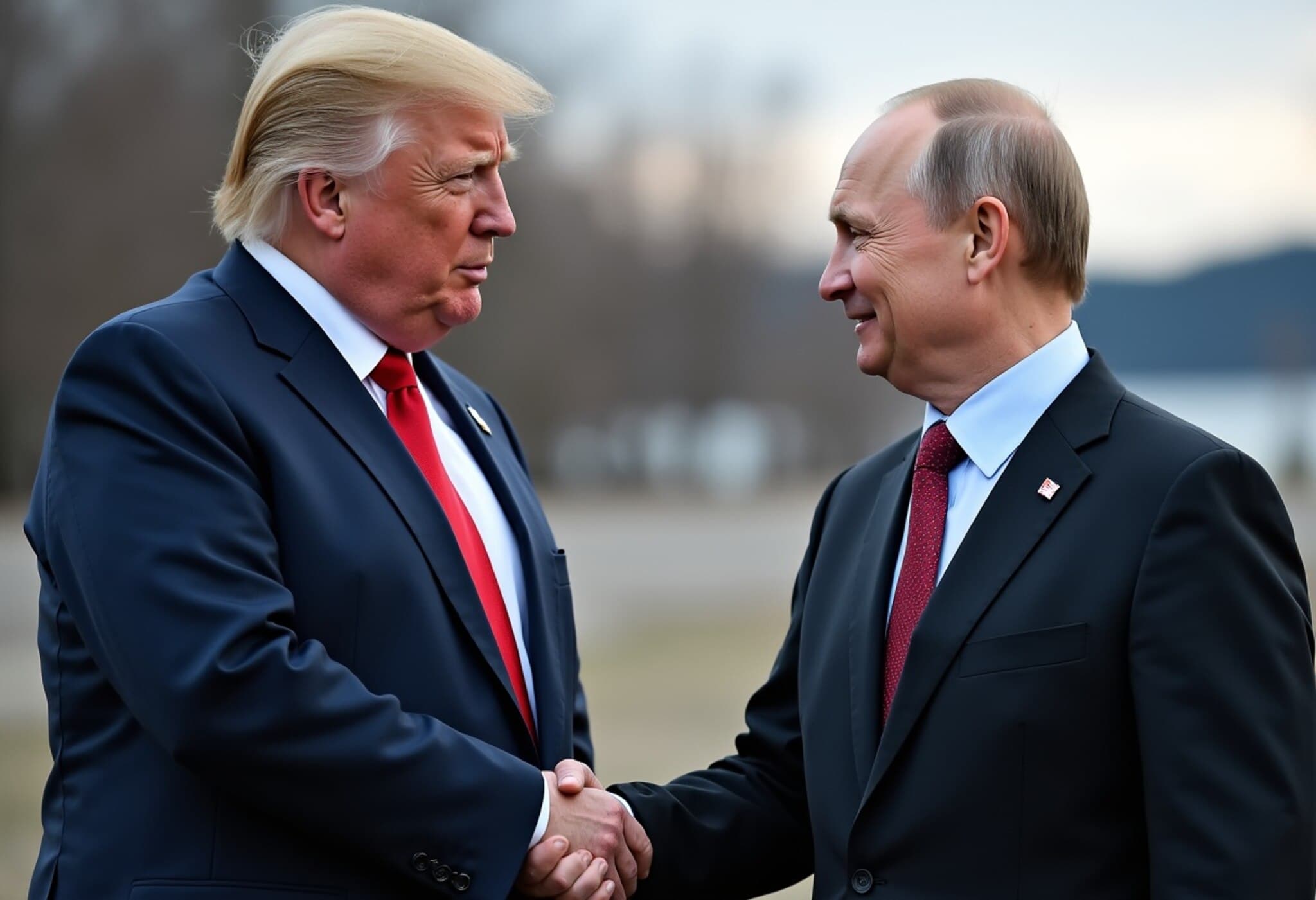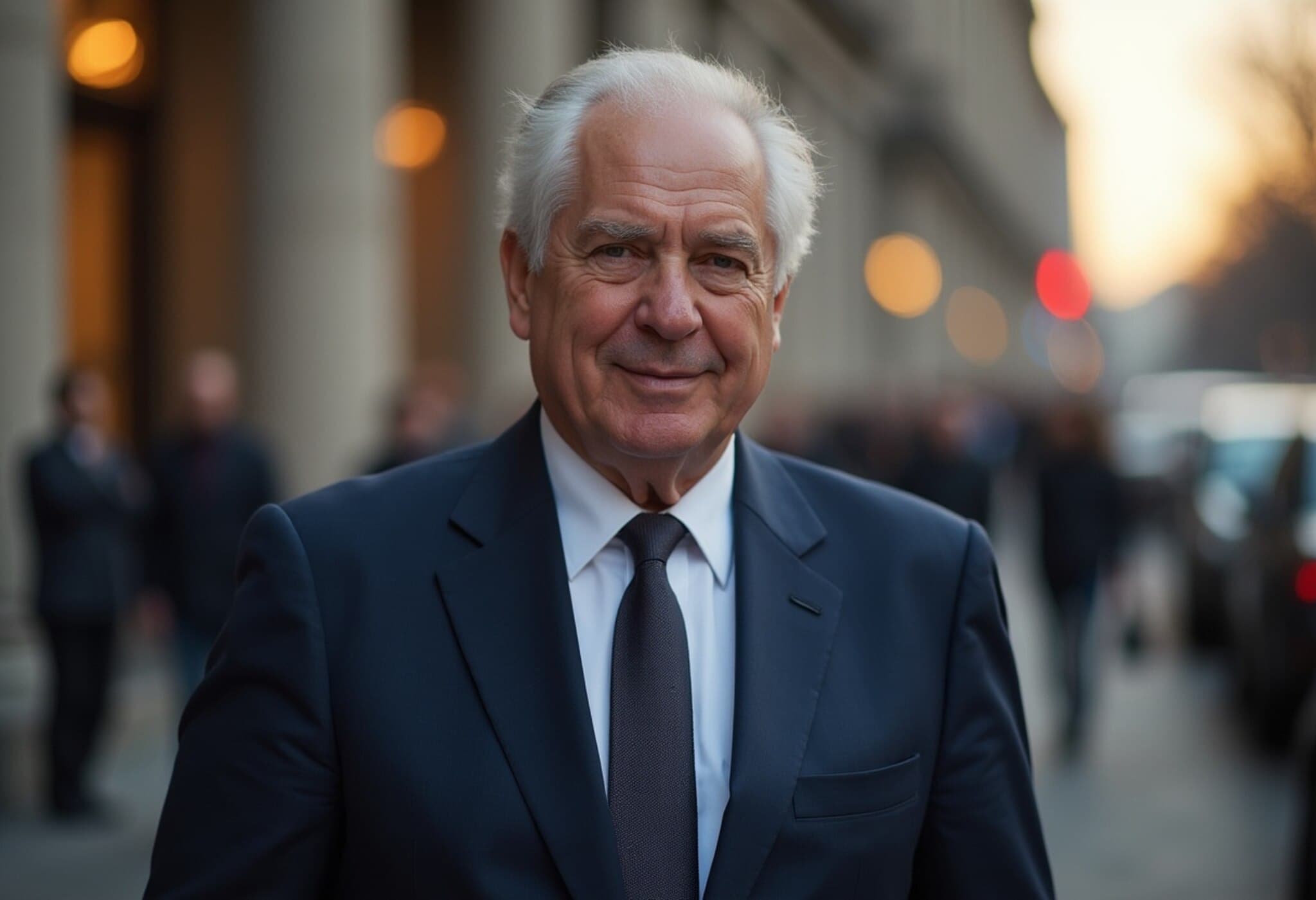Europe and Ukraine Advocate Strong Stance as Trump Prepares for Alaska Talks with Putin
As the world watches with bated breath, European leaders and Ukrainian officials are intensifying diplomatic efforts with the United States ahead of a much-anticipated summit between former U.S. President Donald Trump and Russian President Vladimir Putin scheduled for August 15 in Alaska. Their collective push focuses on shaping a peace deal aimed at ending the devastating conflict in Ukraine that has dragged on for more than three years.
Underlying Tensions: Peace Talks versus Territorial Concessions
The anticipated Trump-Putin meeting promises to address a potential agreement that reportedly includes "some swapping of territories to the betterment of both," according to Trump. This veiled comment has elicited sharp responses from Ukrainian President Volodymyr Zelenskyy and European leaders, who warn that territorial concessions could embolden further Russian aggression rather than secure peace.
At the heart of the diplomacy lies a complex and emotional debate: should peace be contingent on territorial compromises, or should any ceasefire first establish safe ground for negotiations? European representatives have emphasized that a ceasefire must precede any territorial adjustments, and such exchanges must be reciprocal, backed by robust security guarantees.
Diplomatic Dynamics: Chevening Talks and European Counterproposals
A high-level meeting on August 9 at the historic Chevening House in the U.K., involving U.S. Vice President and senior officials from Ukraine and Europe, reportedly featured "hours-long" discussions aimed at resolving differences on the peace roadmap. While details remain closely guarded, insiders confirmed that Europe presented counterproposals underscoring the necessity of Ukrainian sovereignty and security.
British Prime Minister Keir Starmer and French President Emmanuel Macron expressed commitment to a "just and lasting peace" and continuing strong support for Zelenskyy. Macron reiterated the principle that "Ukraine's future cannot be decided without the Ukrainians," highlighting the integral role Ukraine must play in negotiations to determine its destiny.
Zelenskyy's Firm Stance: Peace Must Include Ukrainian Consent
In an emotional address following the diplomatic meetings, Zelenskyy declared the ongoing talks "constructive," emphasizing that "the path to peace for Ukraine should be determined together and only together with Ukraine," underscoring sovereignty and national agency as non-negotiable.
Zelenskyy has repeatedly rejected any ceding of Ukrainian territory and cautioned against arrangements perceived as rewarding aggression. Yet, sources suggest the Trump administration may invite Zelenskyy to join the Alaska meeting, a prospect that, if realized, could elevate the negotiation’s legitimacy but also present new diplomatic challenges.
Context and Stakes: The Front Lines and Regional Security
The conflict, which erupted with Russia’s full-scale invasion in February 2022, has shrunk Ukrainian control significantly, with Russia claiming parts of Luhansk, Donetsk, Zaporizhzhia, Kherson, and Crimea — the latter annexed earlier in 2014. Fighting remains intense along the more than 1,000 km eastern and southern fronts.
Tatiana Stanovaya, senior fellow at the Carnegie Russia Eurasia Center, frames the current peace endeavor as "the first more or less realistic attempt to stop the war," while maintaining skepticism regarding the durability and costs of potential agreements. "New commitments could be devastating for Ukraine," she cautions, highlighting the fragile balance between diplomacy and the harsh realities on the ground.
Public Sentiment and National Resolve
Despite the diplomatic overtures, Ukrainian citizens remain resolute. In Kyiv’s central square, adorned with hundreds of Ukrainian flags honoring fallen soldiers, voices like Olesia Petritska, 51, resonate with unwavering defiance: "Not a single serviceman will agree to cede territory or withdraw troops from Ukrainian lands." This sentiment encapsulates the deep emotional and patriotic undercurrents influencing peace negotiations.
Looking Ahead: Critical Questions and Implications
- Can diplomatic negotiations reconcile Ukraine’s sovereignty with geopolitical realities?
- What role will U.S. leadership play in balancing European security concerns with Ukrainian agency?
- How might the inclusion — or exclusion — of Ukraine from key talks affect the legitimacy and outcome of any peace agreement?
- Will any ceasefire withstand the pressures of ongoing conflict and competing territorial claims?
- What are the economic and security ramifications for Europe and the broader international community?
As the August 15 Alaska summit approaches, these questions loom large, carrying profound consequences for regional stability and global diplomacy.
Editor's Note
While hopes for peace in Ukraine gain momentum through renewed negotiations, the path remains fraught with complexity. Balancing territorial integrity with pragmatic diplomacy requires nuanced understanding and above all, respect for Ukraine’s sovereignty and the voices of its people. Journalists and policymakers alike must continue tracking behind-the-scenes discussions, public sentiment, and geopolitical shifts to appreciate the full scope of what peace might entail. Our coverage will deepen as the situation evolves.

